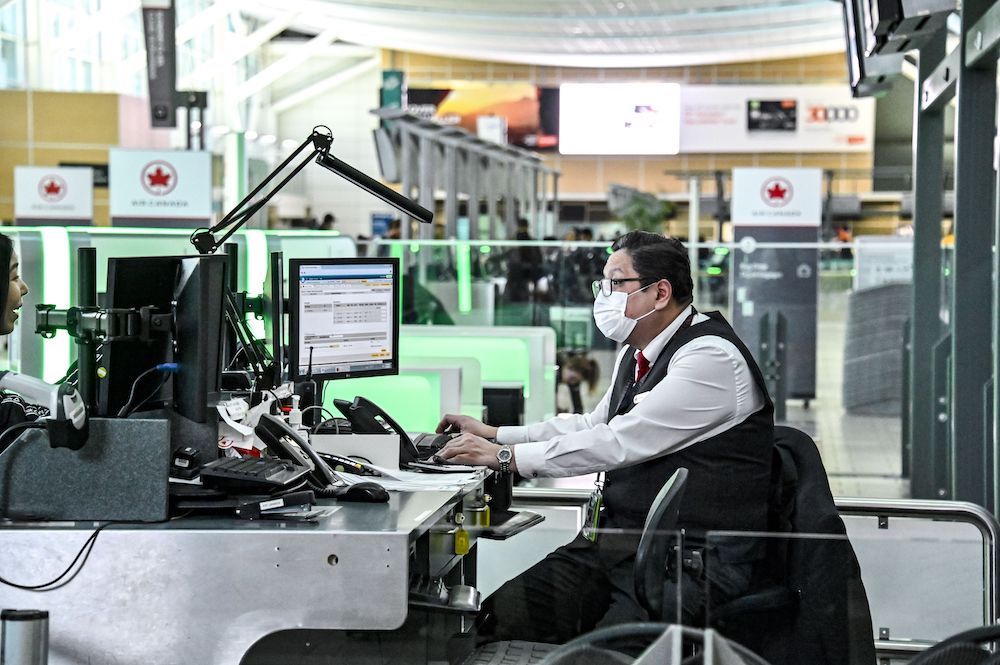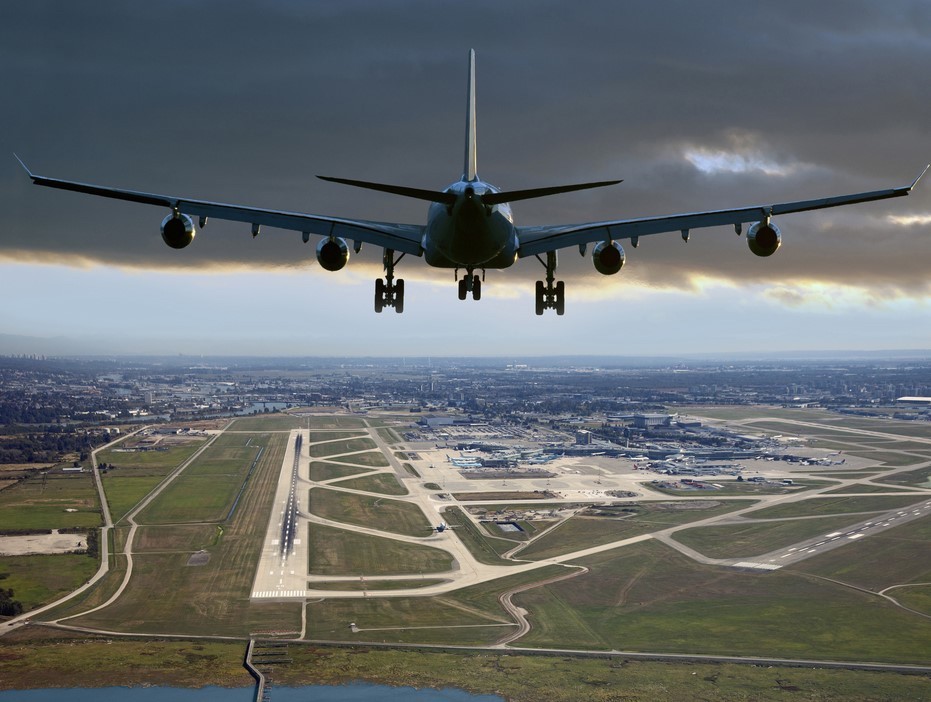At last Tuesday’s COVID-19 press briefing, Dr. Bonnie Henry indicated that “unnecessary travel and social gatherings are fueling the fire.” The fire being the third wave of COVID-19 which seems to be propelled by highly transmissible variants of concern. Despite promises to impose stronger measures to curb non-essential movement, Premier Horgan recently said British Columbia would not implement any new travel restrictions at this time. He continued, “I appreciate we want to be like New Zealand, but we can’t be.”
But we can learn lessons from New Zealand’s elimination approach. Or if New Zealand is too far, how about Manitoba or Atlantic Canada (New Brunswick, Nova Scotia, Prince Edward Island and Newfoundland) and the three northern territories who also opted for stronger travel measures and were successful?
The B.C. government approach of encouraging changes in individual behaviour with non-enforceable “recommendations” is clearly not working. Over the past week, B.C. recorded its highest number of daily cases since the beginning of the pandemic, almost matching the United States. This comes despite a “circuit breaker” period, announced March 29, which was meant to curb cases down but seems to have done the opposite. Over the Easter long weekend, small communities on Vancouver Island, such as Tofino and Ucluelet, experienced a surge of visitors from the mainland. Travellers across the country flocked to Whistler which eventually became a COVID hotspot and had to close for the winter season.
What would it have taken to make sure people — and the coronavirus — stayed put?
“What we can do is create disincentives so that non-essential travel decreases,” said Kelley Lee, an expert on globalization and public health at Simon Fraser University. Her current research focuses on the impact of cross-border measures to manage COVID-19. She and colleagues found that implementation of early international and domestic travel measures was effective at reducing virus transmission.
To discourage travel into B.C. from elsewhere in Canada, offered Lee, “We could create surcharges” for such travel or outright “limit areas to B.C. residents only.” Because travel within the province can also pose a threat, “we can require people to not book out of town,” she said.
Currently, by federal fiat, international arrivals to B.C. are tested and must stay in a hotel at their own expense for three days until the results are known — then if negative they are allowed to finish their two weeks of self-isolation in an accommodation of their choice. That’s not required for those crossing into B.C. from other provinces, though. “We could get people to quarantine when they get here” from other parts of Canada, noted Lee, “which is something other provinces are doing.”
Lee also believes we can learn lessons from abroad.
In the advent of any rare community cases, the New Zealand government will lock down regions. This is similar to B.C. where all non-essential travel is discouraged. However, the major difference is enforcement. When Auckland locked down in February for three community cases, police set up eight roadblocks on the outskirts of the city and questioned drivers about their intentions to leave or enter the region. Only truckers and emergency workers were allowed to pass through — everyone else needed documentation or were turned away.
A somewhat newer development has been “community checkpoints” organized by local iwi (Maori communities) in areas with existing or historical health risk. Similar to what some First Nations in B.C. have done, Maori groups operate these checkpoints, pointing to the devastating history of infectious diseases on Indigenous populations. Waves of epidemics introduced by unsanitary colonial settlements decimated Maori from late 1700s to mid-1800s — the same way they did to Indigenous populations in B.C.

Premier Horgan said that a review of legal options made it clear that B.C. could not enact similar measures, stating that much of the travel between provinces is “work related.” However, the New Zealand experience might demonstrate otherwise. When police set up the checkpoints outside of Auckland, hundreds of people were turned away. One sergeant estimated that about one in four drivers were entering or leaving the region for unnecessary reasons.
When fighting the battle against COVID-19, governments make a choice where to establish the safety perimeter against the virus. “Is it going to be at your international borders, provincial level or in the community?” said Lee. “The [B.C.] government has decided that it’s going to be at the community and at the individual level.” Lee believes that B.C. has chosen our homes as the primary frontier which leads to an unco-ordinated and variable response and months of extended lockdowns with questionable success. “Everyone is responsible for their own risk which means we need to keep locking down.”
In contrast, the New Zealand government decided a key battlefront was at the international border and implemented one of the strictest national lockdowns in the world. The country closed its borders to non-citizens and established a mandatory 14-day hotel quarantine. And because the lockdown was successful, citizens experience normal life.
Although rare community cases occur that necessitate regional lockdowns in Auckland, they are short — lasting one to three days. A combination of government transparency, reliance on public health officials, rapid response and enforcement means that kiwis generally comply. Citizens trust the government that their efforts will pay off because it has before.
Similarly, in Canada, the Atlantic provinces, Northern Territories and most recently Manitoba, decided that the fight against COVID-19 would occur at their provincial border and established a travel ban. There are only few circumstances that allow an individual to travel into the province (compassionate or work-related reasons). And the ban is enforced. Essential visitors must apply for an exemption which involves submitting documentation and verifying the intention to travel. And similar to New Zealand, these early and strict measures worked — life is generally normal, and economies maintained.
However, it is a different story in B.C. where the focus is on limiting individual and community interaction which has been detrimental to health, well-being and the economy.
Why doesn’t B.C.’s government impose stricter measures despite rising cases linked to travel? One opinion is that B.C. (along with the rest of Canada) is unwilling to restrict individual movement — seeking an impossible middle ground while trying to keep everyone happy. Any hint of restrictions is often met with backlash and protests about individual freedom.
Lee says that she is surprised at the public outrage when suggesting stronger travel measures. “I think people associate these kinds of measures with ‘police states’ or ‘communist states,’” she explained. “But actually, looking at New Zealand, Australia, Taiwan — all democracies — people are complying [with public health orders] and it’s working and that is what is really important.”
Governments have a difficult role managing the pandemic. They must balance public health goals with social and economic impacts. But without health, we cannot accomplish the latter. The lessons from around Canada and the world are valuable. And from New Zealand, the advice to Premier Horgan is this: “Go hard, go early.” ![]()
Read more: Travel, Politics, Coronavirus
















Tyee Commenting Guidelines
Comments that violate guidelines risk being deleted, and violations may result in a temporary or permanent user ban. Maintain the spirit of good conversation to stay in the discussion.
*Please note The Tyee is not a forum for spreading misinformation about COVID-19, denying its existence or minimizing its risk to public health.
Do:
Do not: